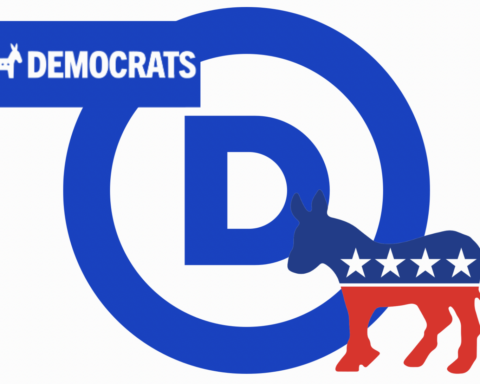With over 2,000 people injured, at least 40 killed and millions of United States citizens addicted to electronic cigarettes, or vapes, the nation has gone into a state of serious health concern. Because of this, lawmakers nationwide and worldwide have begun banning and limiting these products.
Under the Trump Administration, as of early September, there has been talk of making these vaping devices illegal. Many states have also started their own bans, including the outlawing of vapes in Massachusetts and some California cities. In New York State, legislation has passed banning the sale of most flavored e-cigarettes as well as changing the sale of tobacco products, which includes vapes, to prohibit anyone under 21 from purchasing the product.
The U.S. Centers for Disease Control and Prevention, while being slow to comment on the matter, has started investigating the possible cause of these vaping illnesses. Since beginning the search, New York health officials and officials at the CDC have linked Vitamin E acetate to THC, a popular substance people may smoke in their devices.
THC, which official name is tetrahydrocannabinol, is the main psychoactive compound in cannabis. The Vitamin E additive typically used in THC vaping products to dilute how strong the cannabis is.
While people have debated over the topic of prohibition of vaping devices and pods, a possibility that the Trump Administration has too debated, I have to ask, how would this help?
There are nearly 11 million adults in the U.S. that vape, according to the New York Times, and that isn’t even counting all of the teenagers who got addicted after being targeted through the advertisements of JUUL, the nation’s biggest vape seller. While making products illegal might help on the surface, it isn’t that hard to get products on the street. In fact, the CDC has found that most people who have been sick through THC products have received them through means other than smoke shops.
It isn’t hard to get cannabis products on the street, as the product has become more commonly used among people in recent years. The prohibition of cannabis is similar to that of alcohol, and if vapes are outlawed, then vaping products will likely follow the same track.
Also, if the product is outlawed, that might make it more enticing to some smokers, as seen with the prohibition of alcohol and marijuana.
And with this, if there is a ban, that will push more people toward smoking cigarettes, which again, is a negative thing.
In the end, it doesn’t matter how much research scientists unleash on the negative effects of electronic cigarettes because people will continue to believe whatever they want. This started as a problem within the peer pressure of society and a lack of education for many which would give users information crucial to knowing that smoking this way would give negative results.
Users did not know what they were putting in their bodies when vaping began, as there was no research when these products were first brought onto the scene. And now that there has been an increase in knowledge on the topic, it is hard to turn back from societal norms and addictions without ensuring chaos.
Natalie Forster is the Editor-In-Chief at
The Bona Venture.
Her email is
forstena17@bonaventure.edu






